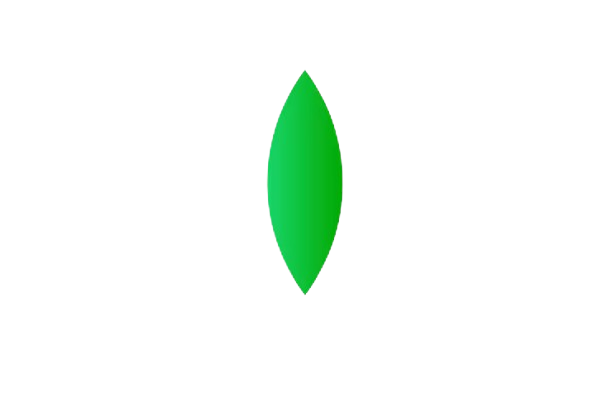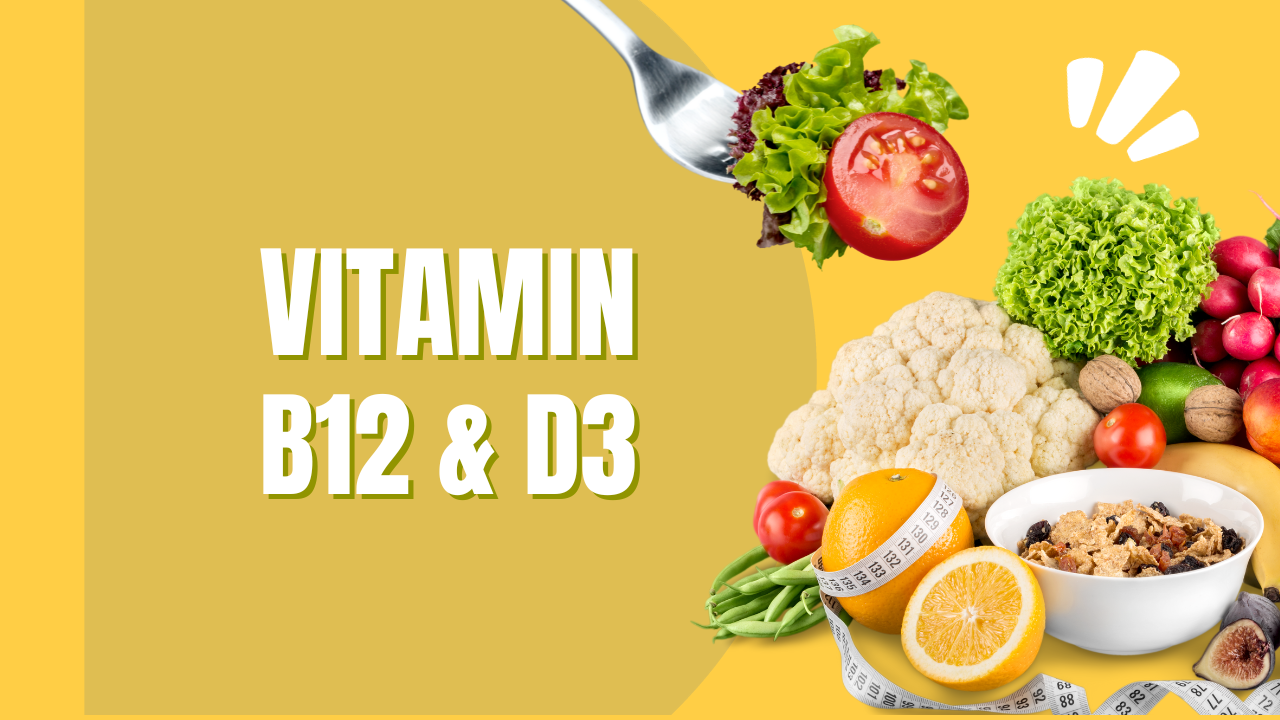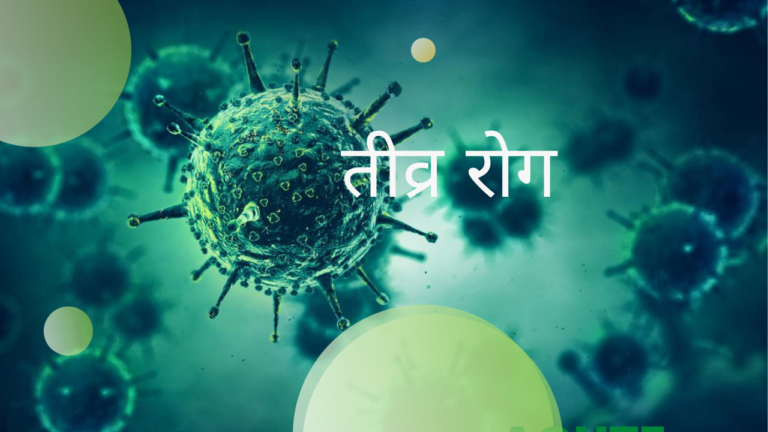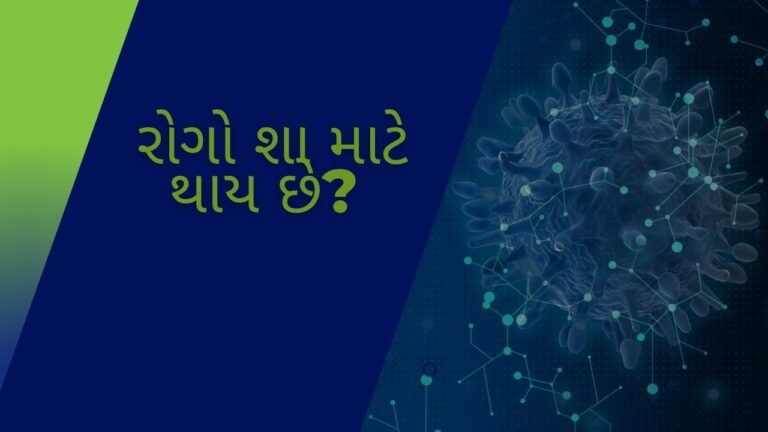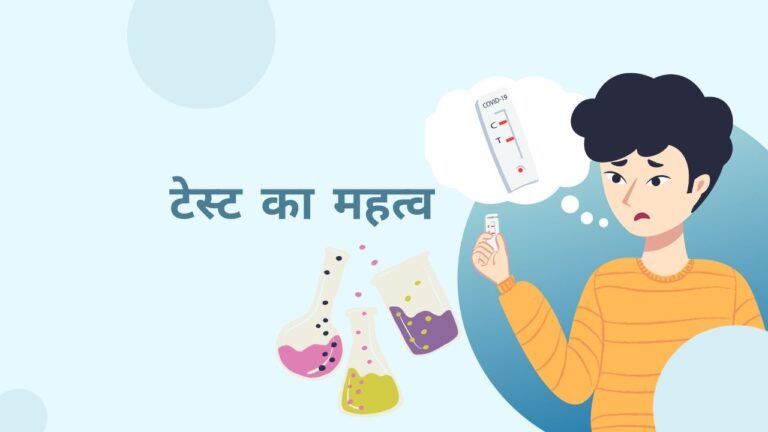Vitamin B12 & D3
Vitamin B12 & D3

Vitamin B12 and D3 play a crucial role in our body. They are necessary for proper functioning of the body. The deficiency of these two vitamins are increasing. According to the survey of 2022 47% of the population are affected by the deficiency of these vitamins. As we all know, sun is the major source of vitamin D3. People living in Asian countries, specifically in India suffer from deficiency of vitamin D3 even though there is enough sunlight.
Vitamin B12 and D3 are interconnected. If a person is facing the deficiency of B12 then there are 90% chances that he/she is facing the deficiency of D3 as well. Nowadays there is a myth that people who are vegetarian suffer from most of the deficiencies but that is not true, in research it is seen that even non vegetarians are facing the deficiency of these two vitamins.
VITAMIN B12: –

There are two types of vitamins i.e. water-soluble and fat soluble. Vitamin B12 also known as Cyanocobalamin, is a water-soluble vitamin. It is vital for our body.
Functions of vitamin B12:-
- DNA synthesis – DNA(deoxyribonucleic acid) synthesis is defined as the process by which copies of nucleic acids are strung together to form a longer DNA sequence within a laboratory setting.
- Energy production- Energy is produced in the human body when our cells break down nutrients from the foods we eat. This process is called cellular respiration, and it allows energy that is stored within nutrients to be released. This energy is then used to power our cellular functions, which keeps us alive.
- RBC production– red blood cell (RBC) production (erythropoiesis) takes place in the bone marrow under the control of the hormone erythropoietin (EPO).
- Maintains metabolism- Vitamin B12 is essential for cell metabolism and function, so a deficiency has significant effects on the body, especially organ systems with high cell turnover and metabolism such as bone marrow, the gastrointestinal tract, the brain, and the nervous system.
- Regulates CNS (central nervous system)- Vitamin B12 is required for the regulation of the nervous system, formation of healthy red blood cells and DNA synthesis. Now that you know the benefits of vitamin B12, you can estimate the damage your body must be going through when it is deficient in this vitamin. If a patient has insomnia then check his B12 levels because in so many cases it is noticed that apart from stress and workload, B12 is the major reason for these types of neurological disorders.
The central nervous system is like the supercomputer of our body, if it is affected then the whole body is affected. Such as the gripping is not proper or one can’t walk straight. The central nervous system manages the body and once the deficiency of B12 occurs all these problems arise. Heart attack, Alzheimer and sudden blackouts are caused due to deficiency of B12 in some of the cases.
Symptoms: –
- Fatigue – fatigue means extreme tiredness resulting from physical or mental exertion or illness. fatigue occurs when there is a decrease in levels of oxygen in the body.
- Mouth soreness-sometimes called mouth ulcers is often painful and can make everyday activities such as brushing the teeth or eating hot food more difficult.
- Gingivitis/glossitis-it is a type of ulcer. It’s red and occurs on both sides of the tongue. You may lose the taste of the food and feel burning or tingling sensation on your tongue.
- Digestive problems-the process of digesting food is affected because of the deficiency of vitamin B12. Digestive problems include gas, acidity, bloating, gastritis etc.
- Anemia – it is a condition in which the body does not have enough healthy blood red cells.it is a problem of having low hemoglobin. Anemia occurs when the level of hemoglobin per milligram is below six or seven.
- Peripheral neuropathy – SACD (subacute combined degeneration of spinal cord), dementia, memory loss, paresthesia, vision problem)
- Psychiatrist disturbance -hallucination, phobia, false imagination are caused due to the deficiency of B12. People facing psychiatric disturbance are generally sad and have a negative mindset and might slip into depression.
- Hyper pigmentation- Hyperpigmentation is a common condition that makes some areas of the skin darker than others. Hyperpigmentation can appear as brown, black, gray, red or pink spots or patches.
Causes/reason: –
- Stomach surgery (Ileum operated)
- Inflammatory bowel
- Tuberculosis
- Antibodies in stomach lining (Mucosa)
- Certain type of medication (DIB medicine, anti-malarial)
- Alcohol consumption
- Slow or less absorption of B12
- Water purifier
It is advisable to drink water from a traditional mud pot (matka) instead of water purifiers as it contains carbon filter in it. It is observed that most of the people drinking water from water purifiers have deficiency of B12 rather than those who drink water from mud pots.
Normal range of B12: –
The normal range of B12 is between 197 – 771 pg/ml. If this is more than 1000 pg /ml it creates a problem. If the body’s metabolism is disturbed it disturbs the body synthesis also.
Blood test: –
The blood test for vitamin B12 is called serum vitamin B12 test.
Sources of B12: –

- Supplements
- Yellow yolk (eggs)
- Chicken/fish/meat
- Fermented food
- Probiotics- curd
- All green leafy vegetables
- Red fruits
- Beetroot/carrot/moringa leaves/drumstick/ mushroom
- Sprouts (Moong/Channa)
VITAMIN D3 (SUNSHINE VITAMIN): –

Vitamin D3 also known as cholecalciferol, is a fat-soluble vitamin. It is necessary for bone health.
Functions:-
- Absorbtion of calcium and phosphorus
- Reabsorption of calcium and phosphorus
- Enhances Mental health and immunity
- Prevents cancer (breast /prostate/colon)
- Helps to regulate blood pressure and cholesterol
- Important for muscular skeletal system.
Symptoms: –
- Muscular pain/weakness
- Cramps
- Fractures quite often
- Brittle nails
- Rickets in children (a disease of children caused by vitamin D deficiency, characterized by imperfect calcification, softening, and distortion of the bones typically resulting in bow legs.)
- Osteo Malacia in adults- (Osteo Malacia describes a disorder of “bone softening” in adults that is usually due to prolonged deficiency of vitamin D).
- Osteoporosis (a bone disease that develops when bone mineral density and bone mass decreases, or when the quality or structure of bone changes. This can lead to a decrease in bone strength that can increase the risk of broken bones (fractures).
- Headaches
- Insomnia (Insomnia is when you aren’t sleeping as you should.
- Depression
- Anxiety
- Dry skin/hair fall
- On & off infection
- Excessive sweating
- Poor wound healing
Causes / reasons: –
- Poor diet
- Lack of exposure to sun
- Skin pigmentation
- Obesity
- Certain medical condition
- Certain drugs -(anti-convulsant medicine –phenytoin/rifampin/steroids/dexamethasone)
Risk factor:-
- Excessive Breastfeeding
- Old age
- Dark skinned people/pigmented skin
- Indoor workers
- Vegans
- Obese people
- CKD(chronic kidney disease)
- Chronic or immobile patients in hospital
- Liver and kidney diseases
Blood test: –
25 hydroxy (or) vitamin D
| <10 | ng/ml | Deficiency |
| 10-30 | ng/ml | Insufficiency |
| 30-100 | ng/ml | Sufficiency |
| >100 | ng/ml | Toxicity |
Requirements: –
| 300-500 mg | children |
| 600-800 mg | Adults |
| 1000-1500 mg | Pregnant/lactating women |
Sources of vitamin D3: –
- Supplements
- Sunlight (between 10 a.m. and 1 p.m.)
- Diet rich in vitamin D (curd, mushroom, fresh coriander leaves, cabbage, ragi, dates, moong Dal, cod liver oil, fatty fish, red meat, eggs)

Therapy from naturopathy: –
- Sunbath

- Enema

- Pranayama: –

- Tub bath:-

- Mud application on stomach: –

